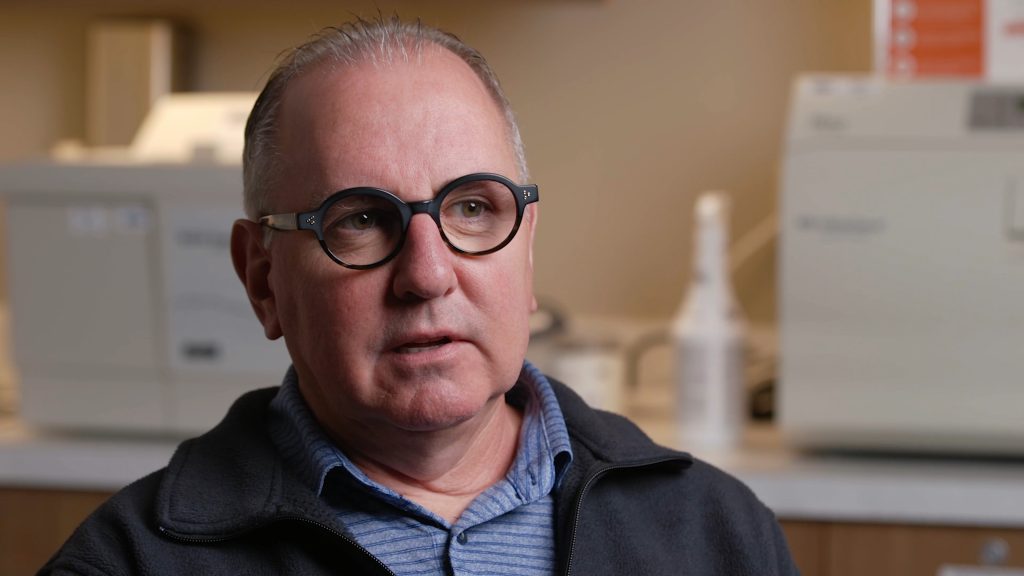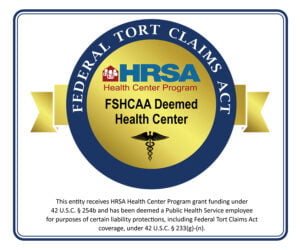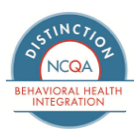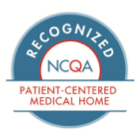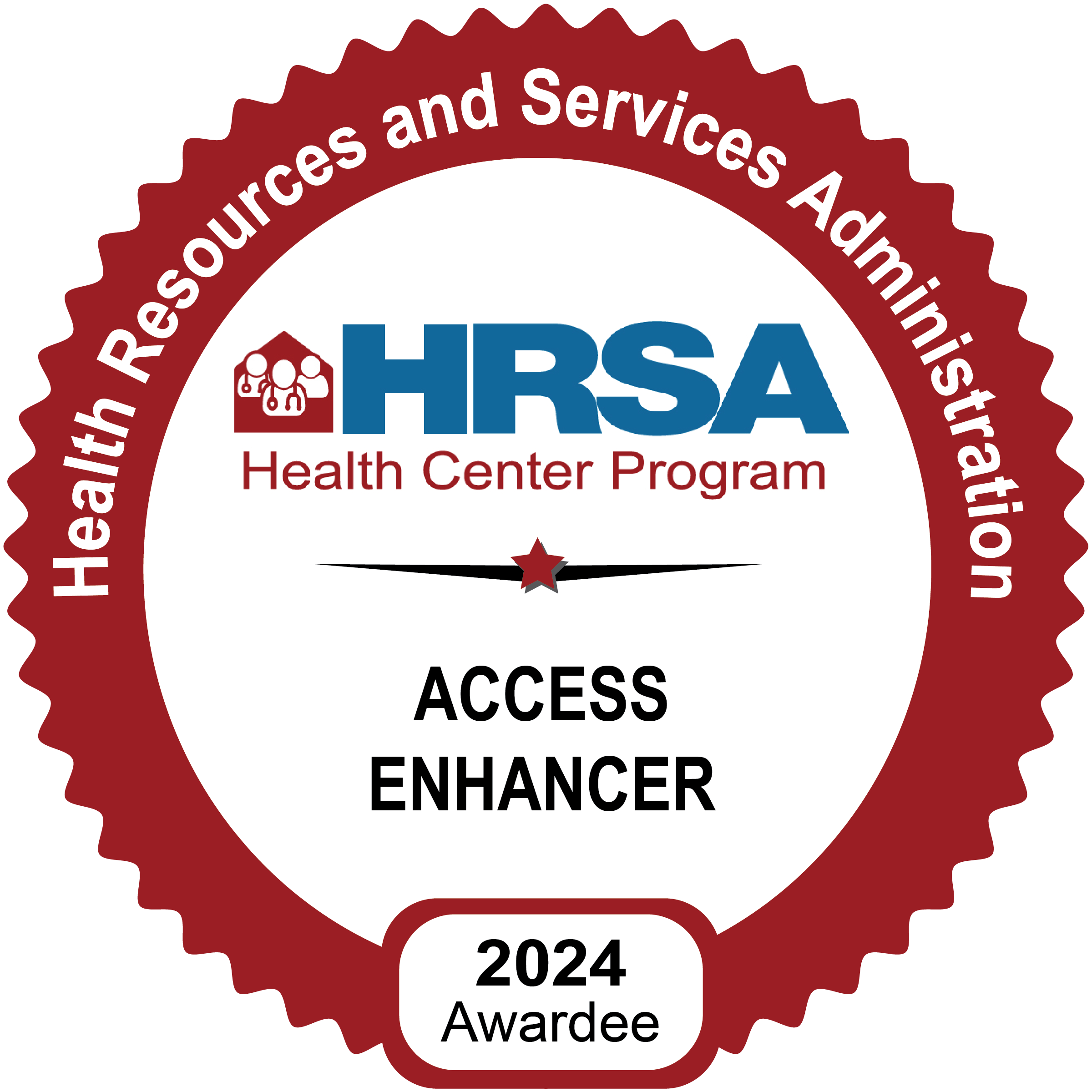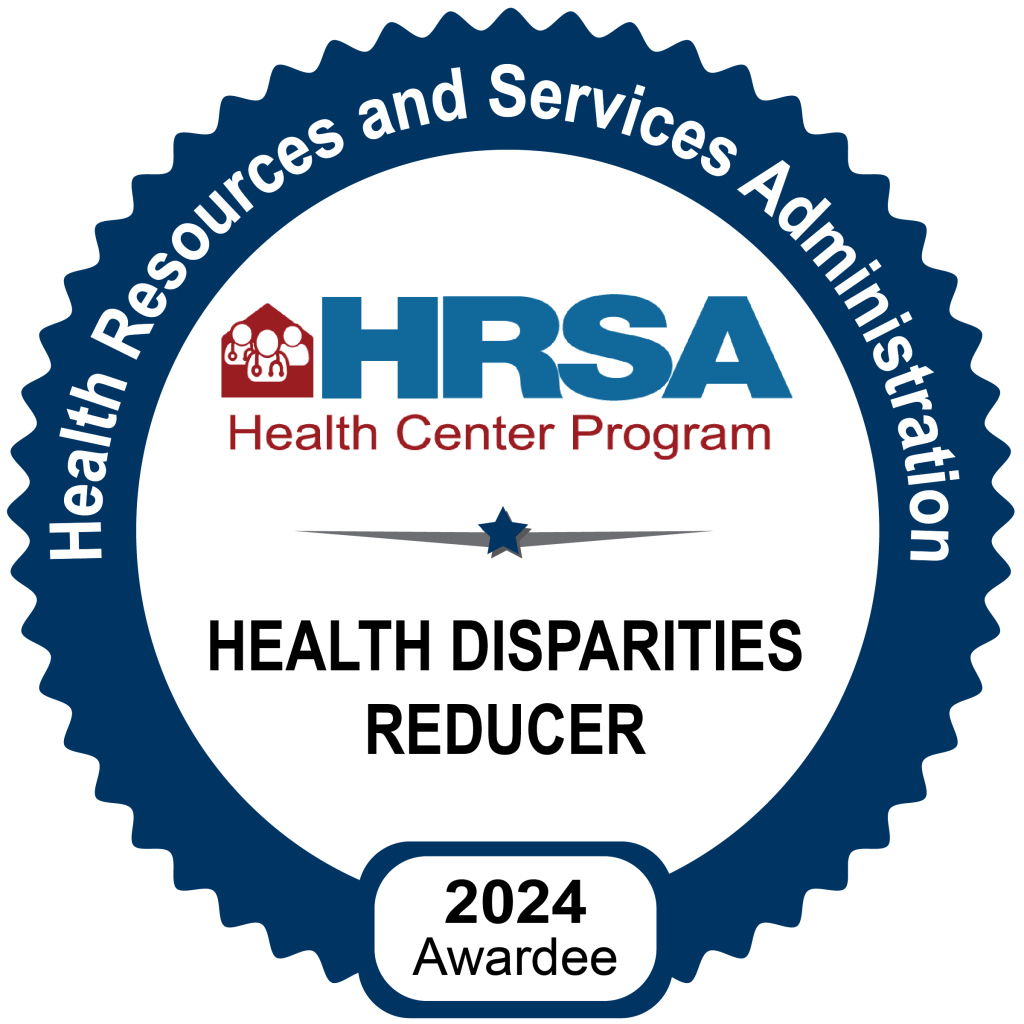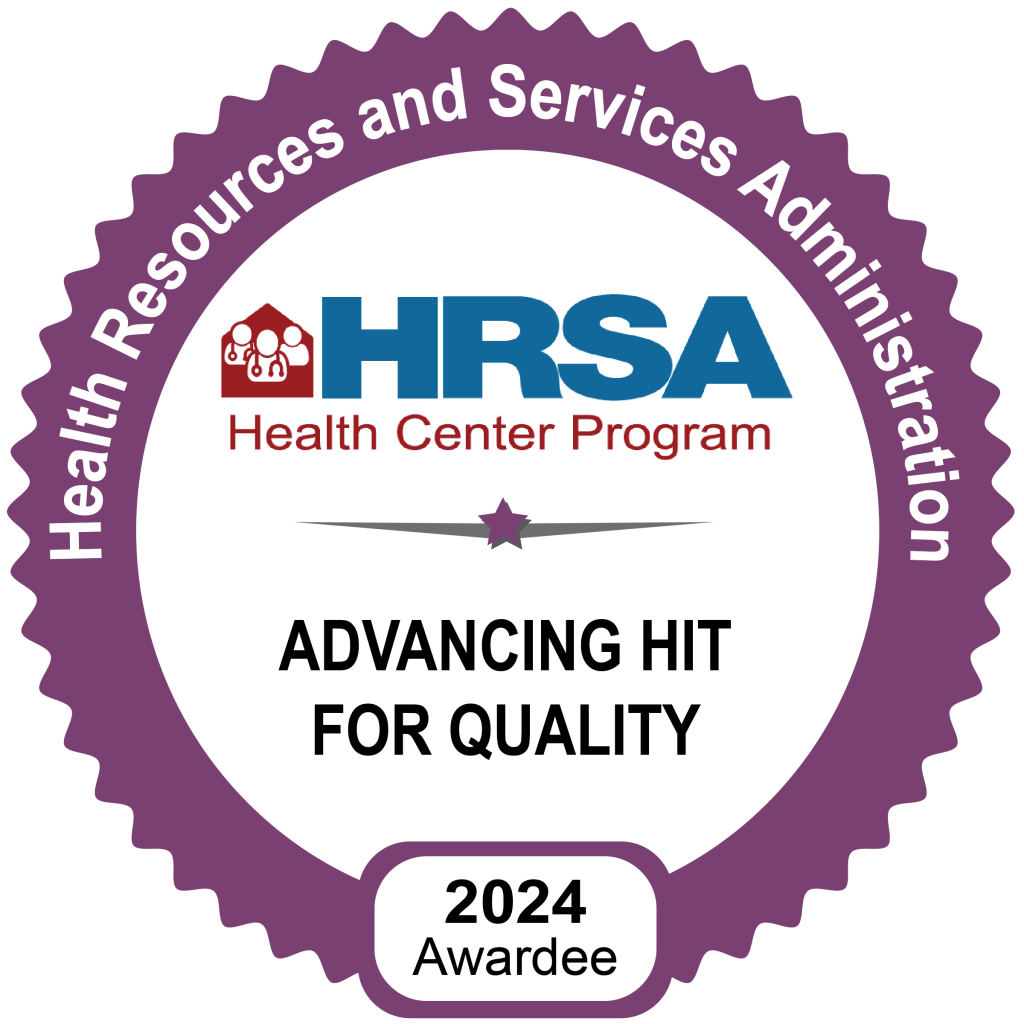What would you do if you or a loved one could discover Alzheimer’s before developing symptoms?
Alzheimer’s is a devastating form of dementia that affects memory, thinking, and behavior. Researchers believe there isn’t a single cause, but that genetics, lifestyle, and environment all play a role.
“While some risk factors like age, family history, and heredity can’t change, emerging evidence suggests there may be other factors we can influence,” says Juliette Bradley, Alzheimer’s Association Kansas State Director of Communications. “That includes the connection between heart health and brain health, eating a healthy diet, staying socially active, avoiding tobacco and excess alcohol, and exercising both the body and the mind.“
That’s why during this World Alzheimer’s Month, we’re sharing the disease’s impact, and how you can help navigate it.
DYK:
- More than 6 million Americans are living with Alzheimer’s. By 2050, this number may rise as high as 13 million.
- There are more than 55,000 people with Alzheimer’s in Kansas.
- 1 in 3 seniors die from Alzheimer’s or another dementia.
- Alzheimer’s kills more people than breast cancer and prostate cancer combined.
- Almost two-thirds of Americans with Alzheimer’s are women.
- Older Black Americans are about twice as likely to have Alzheimer’s or other dementias than White Americans.
- Older Hispanics are about 1.5 times as likely to have Alzheimer’s or other dementias than White Americans.
A Disease in 3 Stages
Alzheimer’s is a disease with relatively slow progression, causing the loss of cognitive ability and physical skills. Let’s take a look at how this disease progresses according to the Alzheimer’s Association.
- Early-stage Alzheimer’s: Maintain independent function, but become forgetful with things like names, struggle to complete tasks, and lose important objects.
- Middle-stage Alzheimer’s: This stage can last for many years. Symptoms include forgetting events or personal history, feeling moody or withdrawn, and needing help choosing proper clothing.
- Late-stage Alzheimer’s: In the final stage of the disease, dementia symptoms are severe. These people lose awareness of recent experiences and surroundings, and experience changes in physical abilities including walking, sitting, and swallowing. They need around-the-clock help with daily personal care.
Dealing with a Diagnosis
While the disease can progress at different rates, the resulting loss of mental and physical skills is usually the same.
“It’s very devastating for the patient because it’s frustrating when you know you should remember something,” says Hunter Health Chief Medical Officer Dr. Bryon McNeil.” But as you go on it’s even worse for the family.”
Dr. McNeil says it’s often the family of someone with Alzheimer’s that brings these concerns forward. It’s something Dr. McNeil says is important to quickly get the patient the testing and care they need.
“There’s neurocognitive testing that shows you an estimate of how far along you are in the disease process. And with an MRI, we can see the deterioration in the brain and better understand how far along the patient is.”
Possible Treatments
Right now, there is no cure for Alzheimer’s. That’s why early detection is critical for any medication to be more effective.
“There are several drugs available right now that help slow the progression, but the damage is still done,” says Dr. McNeil. “That’s why there are 75 drugs seeking FDA approval for both treatment and a cure. The real goal is to stop the damage, not slow it down.”
As these drugs seek approval, our health professionals say some of the best care options are support and education. That includes things like calming room lighting and positive interactions, both of which can have a significant impact on the patient.
Supporting you, so you can support others
At Hunter Health, our integrated care team can provide early help with diagnosing Alzheimer’s by connecting you with trusted professionals outside our clinic.
In the event results come back positive, it’s important that caregivers find other people to support them. The Alzheimer’s Association is an important resource for caregivers and people with dementia. They have a 24/7 helpline for support/advice.
If you need more information, you can contact us by calling 316-262-2415. Our embracing care model means we provide everything you and your family need to reach your best possible health. It’s part of our commitment to improving the health and wellbeing of everyone in our community.


